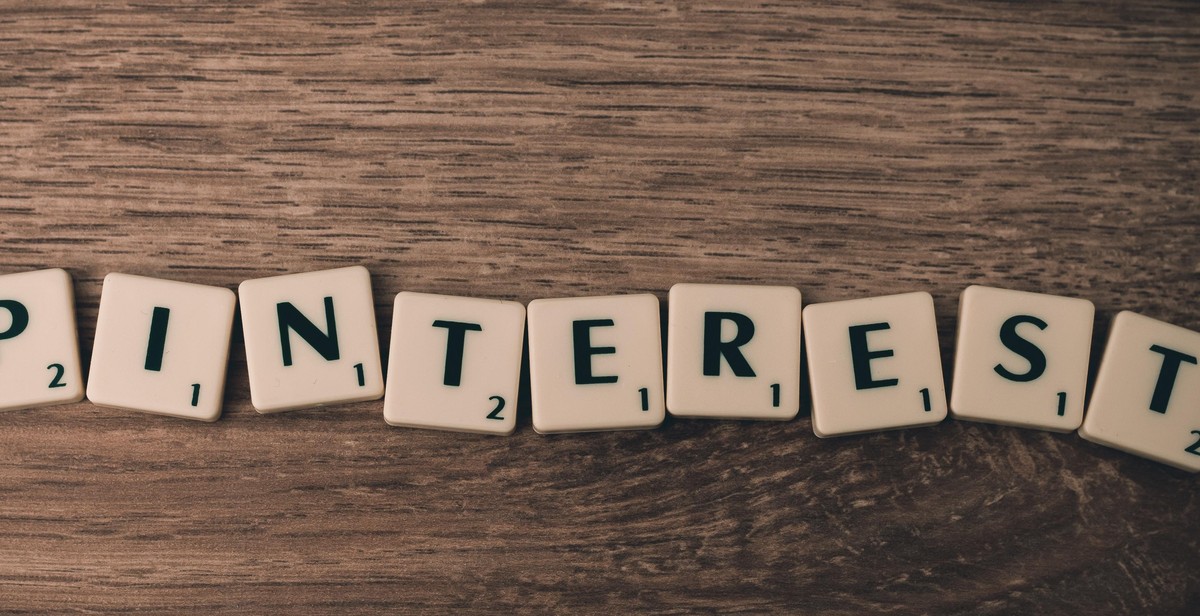How to Engage in Political Discourse on Social Media
Political discourse on social media has become increasingly prevalent in recent years, with individuals using platforms such as Twitter, Facebook, and Instagram to voice their opinions on a wide range of political issues. While social media provides an excellent platform for individuals to express their views, it can also be a breeding ground for hostility and negativity.
Engaging in political discourse on social media requires a delicate balance between expressing one’s opinion and respecting the opinions of others. In this article, we will explore some tips on how to engage in political discourse on social media in a constructive and respectful manner.
1. Be Informed
Before engaging in political discourse on social media, it is essential to be informed on the issue at hand. Take the time to research the topic and understand the different perspectives. This will allow you to contribute to the conversation in a meaningful way and avoid spreading misinformation.
2. Be Respectful
When engaging in political discourse on social media, it is crucial to be respectful of others’ opinions. Avoid attacking or belittling those who hold different views. Instead, focus on presenting your perspective in a calm and rational manner.
3. Listen
Listening to others’ opinions is a crucial aspect of engaging in political discourse on social media. Take the time to understand their perspective and ask questions to gain further insight. This will allow for a more productive conversation and a better understanding of different viewpoints.
4. Stay Calm
Political discourse on social media can often become heated and emotional. It is essential to stay calm and composed, even in the face of hostility or negativity. This will allow for a more productive conversation and a better chance of finding common ground.
By following these tips, individuals can engage in political discourse on social media in a productive and respectful manner.

Why Political Discourse on Social Media Matters
Political discourse is the exchange of ideas and opinions on political issues. It is an essential component of any democratic society, as it allows citizens to express their views and engage in discussions that can shape public policy. With the rise of social media, political discourse has become more accessible and widespread than ever before.
The Importance of Political Discourse
Political discourse is essential for a healthy democracy. It allows citizens to engage in discussions and debates, to share their opinions and ideas, and to hold their elected representatives accountable. Political discourse helps to shape public policy by allowing citizens to express their views on issues that affect them and their communities. It also helps to build consensus and promote compromise, which are essential for effective governance.
Political discourse also plays a critical role in promoting civic engagement. When citizens engage in political discourse, they become more informed about the issues facing their communities and the country as a whole. This knowledge can lead to increased voter turnout and participation in other civic activities, such as volunteering and community organizing.
The Impact of Social Media on Political Discourse
Social media has had a significant impact on political discourse. It has made it easier for people to engage in political discussions and debates, regardless of their location or schedule. Social media platforms such as Twitter, Facebook, and Instagram have become important tools for politicians, activists, and citizens to share their views and engage with others.
However, social media has also presented challenges for political discourse. The anonymity and lack of accountability on social media platforms can lead to the spread of misinformation and the amplification of extreme views. Social media algorithms can also create echo chambers, where people are only exposed to views that reinforce their existing beliefs, leading to polarization and the breakdown of civil discourse.
Despite these challenges, social media remains an essential tool for political discourse. It provides a platform for citizens to engage in discussions and debates that shape public policy and promote civic engagement. By understanding the importance of political discourse and the impact of social media, individuals can engage in meaningful discussions that promote democracy and civic participation.
Tips for Engaging in Political Discourse on Social Media
Engaging in political discourse on social media can be a tricky business. While it provides an excellent platform to voice your opinions and engage in meaningful discussions, it can also lead to heated arguments and personal attacks. Here are some tips to help you navigate the world of political discourse on social media:
1. Know Your Facts
Before engaging in any political discussion on social media, it is essential to have your facts straight. It’s easy to get caught up in emotions and make statements without proper research. Take the time to gather information from reliable sources and make sure you understand the issue at hand.
2. Be Respectful
Respect is crucial when engaging in political discourse on social media. Remember that everyone is entitled to their opinion, and it’s essential to acknowledge and respect that. Avoid using derogatory language or making personal attacks on individuals who hold different views from yours.
3. Avoid Personal Attacks
Personal attacks are a surefire way to derail any political discussion on social media. Criticize ideas, not people. Avoid making personal attacks or insulting comments, even if you strongly disagree with someone’s views.
4. Stay Calm and Rational
It’s easy to get emotional when discussing politics on social media. However, staying calm and rational is essential. Avoid getting defensive or aggressive, and instead, focus on making your points clearly and concisely.
5. Listen to Other Perspectives
Engaging in political discourse on social media is not just about making your point. It’s also about listening to other perspectives. Take the time to read and understand other people’s opinions, even if you don’t agree with them. It’s an excellent opportunity to learn and broaden your understanding of the issue at hand.
- Know Your Facts
- Be Respectful
- Avoid Personal Attacks
- Stay Calm and Rational
- Listen to Other Perspectives
By following these tips, you can engage in political discourse on social media in a meaningful and respectful way. Remember that everyone is entitled to their opinion, and it’s essential to respect that, even if you disagree. Keep an open mind, listen to other perspectives, and stay calm and rational when expressing your views.
Common Pitfalls to Avoid
Engaging in political discourse on social media can be a great way to share your opinions and engage with others. However, it can also be a minefield of potential pitfalls that can derail any conversation. Here are some common pitfalls to avoid:
Falling into Echo Chambers
One of the biggest dangers of social media is the ability to surround yourself with people who share your opinions. While this may feel comforting, it can also lead to a lack of exposure to different viewpoints. It’s important to actively seek out and engage with people who have different opinions than yours.
When engaging in political discourse, seek out people who have different views and engage with them respectfully. This will help you broaden your understanding of different perspectives and avoid falling into an echo chamber.
Engaging in Trolling or Spamming
It’s easy to get caught up in the heat of the moment when engaging in political discourse on social media. However, it’s important to avoid engaging in trolling or spamming behavior. This includes posting inflammatory comments, using derogatory language, and bombarding others with messages.
Not only is this behavior unproductive, but it can also lead to your account being flagged or suspended. Instead, focus on respectful and constructive dialogue that encourages others to engage in meaningful conversation.
Failing to Acknowledge Others’ Opinions
When engaging in political discourse, it’s important to remember that everyone has their own opinions and experiences. Failing to acknowledge others’ opinions can lead to a breakdown in communication and an inability to find common ground.
Make an effort to listen to others and acknowledge their opinions. This doesn’t mean you have to agree with them, but it does mean showing respect and empathy for their perspective. By doing this, you’ll create a more productive and meaningful dialogue.
By avoiding these common pitfalls, you’ll be able to engage in political discourse on social media in a more productive and meaningful way.

Conclusion
In conclusion, engaging in political discourse on social media can be a daunting task, but it is necessary to have meaningful conversations that can lead to change. It is important to approach these conversations with an open mind and a willingness to learn from others.
Before engaging in political discourse, it is important to understand the platform’s community guidelines and to respect them. This will help to foster a healthy and productive discussion.
When engaging in political discourse, it is important to be respectful and civil. Avoid personal attacks and focus on the issues at hand. It is also important to fact-check information before sharing it to ensure that the conversation is based on accurate information.
Finally, remember that political discourse is not about winning or losing, but about learning from each other and working towards a common goal. By engaging in respectful and informed political discourse on social media, we can create a better understanding of the issues and work towards positive change.
Thank you for reading this article on how to engage in political discourse on social media. We hope that you found it informative and helpful in navigating political conversations online.
